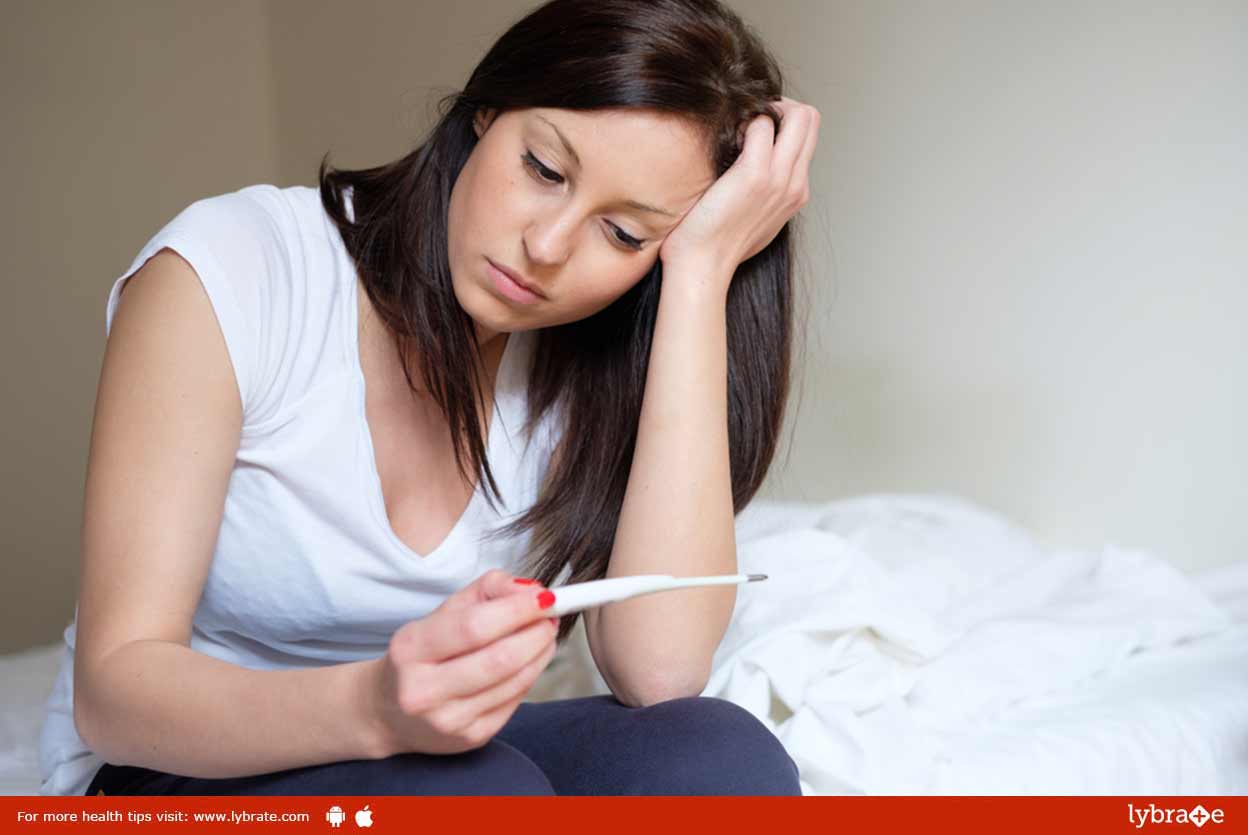By Dr. Savita Gupta , Gynaecology
Nearly 85% of the sexually active females who do not use precautions or contraceptives get pregnant within a 12-month time. A woman can conceive at the time of breastfeeding, from 1-2 weeks post childbirth, and even at the time of her menstruation. Taking out your penis before ejaculation and periodic abstinence does not avert the risk of conception or the spread of STD (Sexually Transmitted Diseases).
You can avert the risk of unwanted pregnancy in two ways:
- Plan B
- Contraceptive Precautions
Plan B is the most widely used method in the form of emergency contraception as:
- It has negligible side-effects
- It is designed to avert the pregnancy risk after sex
- It can be used without a prescription to women of 18 years of age and older
So if you have had sex with your partner and did not use any precautions, then the emergency contraception option is available for up to a 3-day time period. Plan B-One Step puts off the risk of pregnancy for up to 3 days following the unprotected sex. It is not meant for regular use and does not provide you protection from HIV or STIs. And also, you cannot use it if you are already pregnant.
Secondly, regular use of contraceptive pills can help prevent unwanted risks of pregnancy. But just bear in mind that the continuous use of these birth control tablets will not be enough and you will have to use condoms every time you indulge in sexual activities until your next menstruation cycle.
Another alternative for emergency contraception is to get an Intrauterine Device (IUD) inserted by a physician which is possible until five days after unprotected sex, to help avoid the risk of pregnancy.
Emergency contraception is considered more effective the sooner you take it.








































